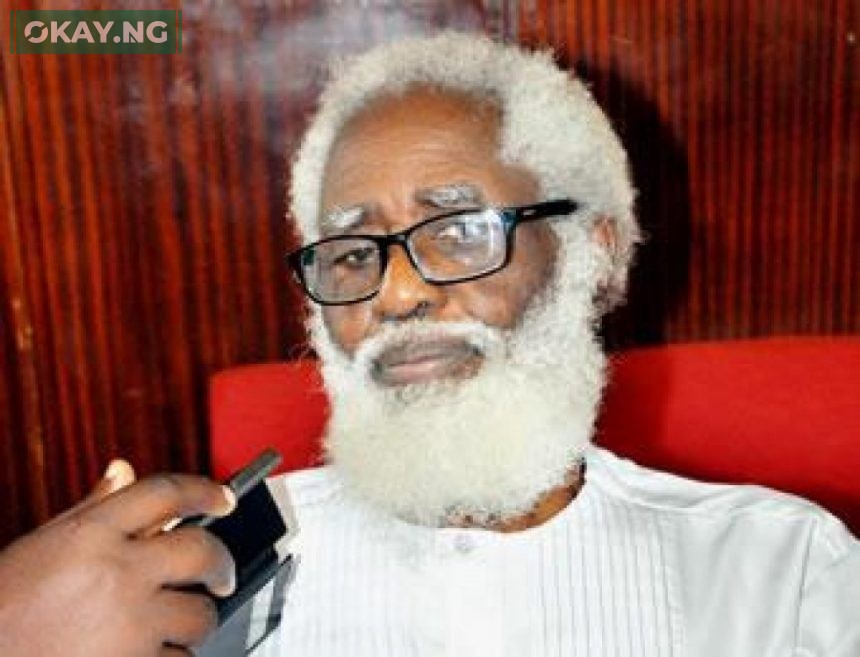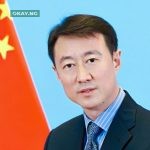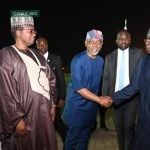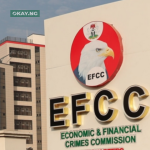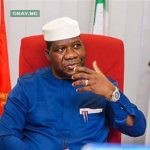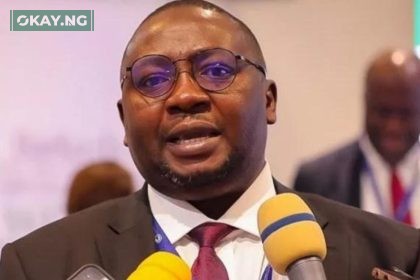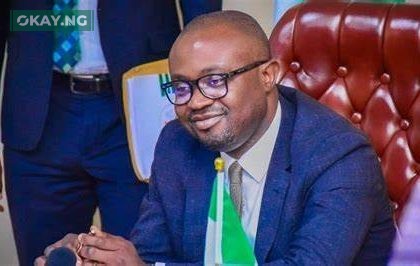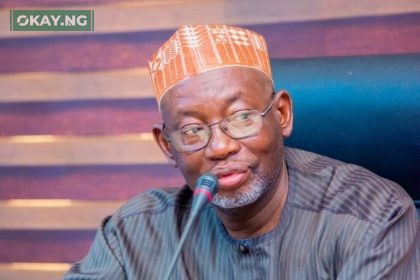Nigeria’s former Ambassador to the Philippines, Dr. Yemi Farounbi, has expressed deep disappointment with the current state of the National Assembly, describing recent actions by lawmakers as “shocking, embarrassing and disgraceful.” The elder statesman, in a candid interview, painted a grim picture of Nigeria’s political leadership, lamenting that senators who should be statesmen have instead become embroiled in petty partisanship and ethnic considerations, okay.ng reports.
Farounbi specifically criticized the Senate’s handling of several high-profile cases, including the Natasha Akpoti-Uduaghan matter and the Rivers State emergency declaration, where he alleged procedural irregularities in voice voting. He saved particular scorn for the recent altercation involving Dr. Oby Ezekwesili and a senator, which he termed “acts of immaturity” unbecoming of the nation’s highest legislative body. “They spend time on trivialities rather than economic growth and development,” he lamented, attributing this to fundamental flaws in Nigeria’s political recruitment system that elevates unqualified individuals to national offices.
The former ambassador turned his fire on House of Representatives members who admitted receiving $5,000 Ramadan allowances, demanding their prosecution by the EFCC for violating Central Bank regulations on foreign currency transactions. “They’ve completely abandoned the naira as worthless,” he fumed, while expressing little hope that anti-graft agencies would act against the powerful lawmakers in what he described as Nigeria’s “class society” with different laws for different classes.
On broader political reforms, Farounbi was pessimistic. He traced Nigeria’s leadership crisis to dysfunctional political parties that lack ideology and serve merely as vehicles for opportunists. Recalling how an accountant-general without PDP membership became the party’s gubernatorial candidate in Rivers State, he decried a system where “votes are bought” and party-hopping is commonplace. “Unless political parties really exist with ideological orientation, we will make no headway,” he stated, predicting the same flawed processes would repeat in future elections.
The elder statesman expressed particular anguish over the prolonged closure of local government secretariats in Osun State due to political disputes, calling it symptomatic of Nigeria’s democratic dysfunction. While acknowledging legal complexities in the case, he questioned why politicians constantly resort to courts to resolve what should be political matters, creating a system of “court-imposed legislators and executives” that subverts the people’s will.
When asked to compare political parties, Farounbi dismissed them all as equally culpable, noting how the APC has adopted the PDP’s worst practices through the recycling of the same political class. His scathing assessment presents a sobering indictment of Nigeria’s political system, highlighting systemic failures in leadership selection, rule of law, and democratic accountability that continue to hinder national development.


